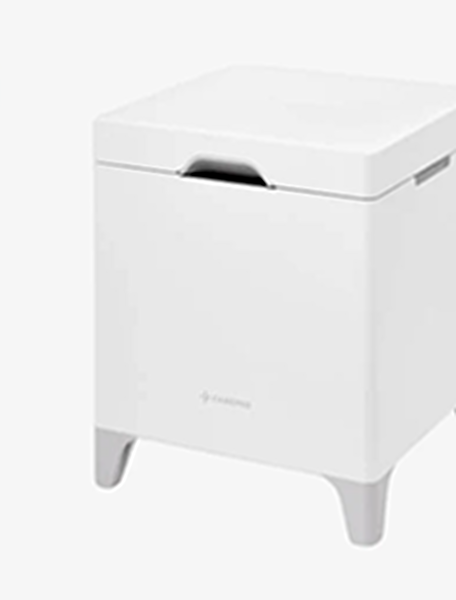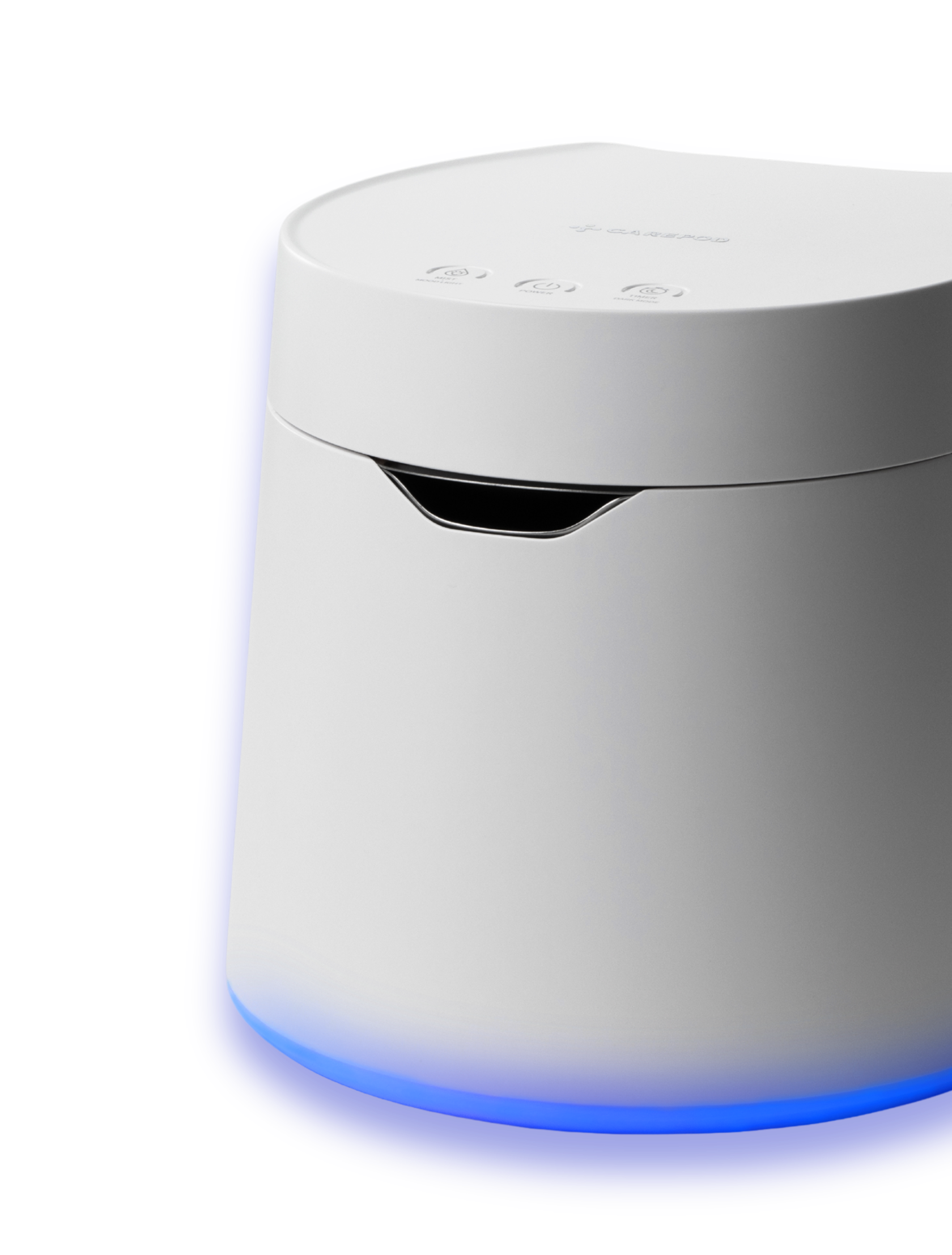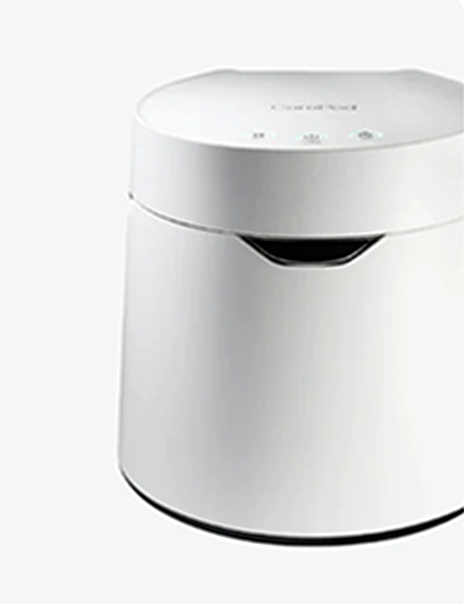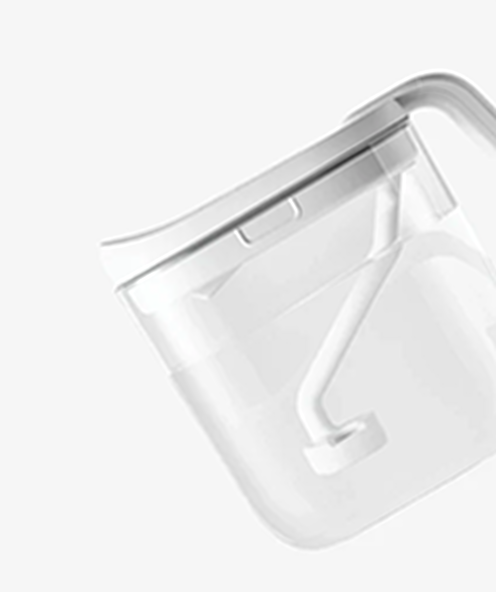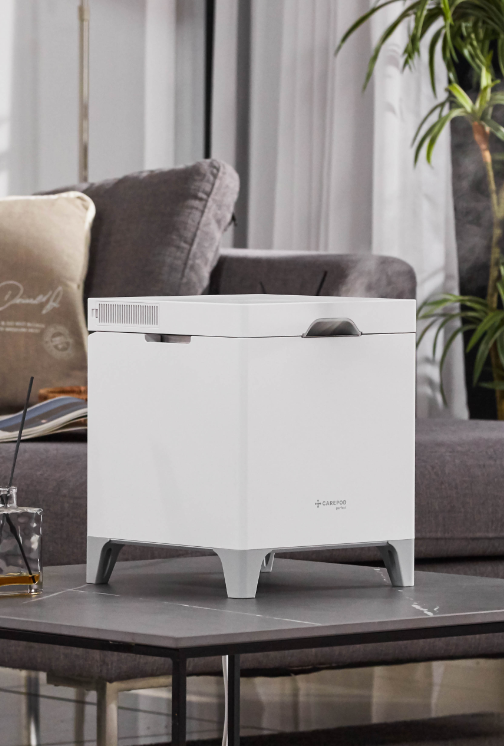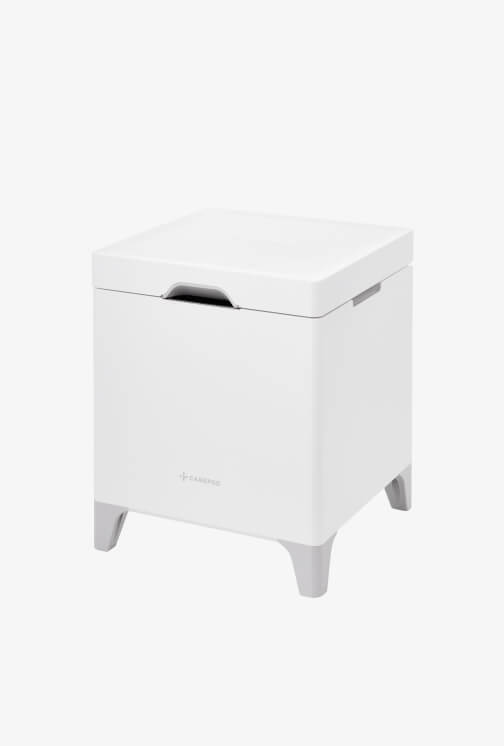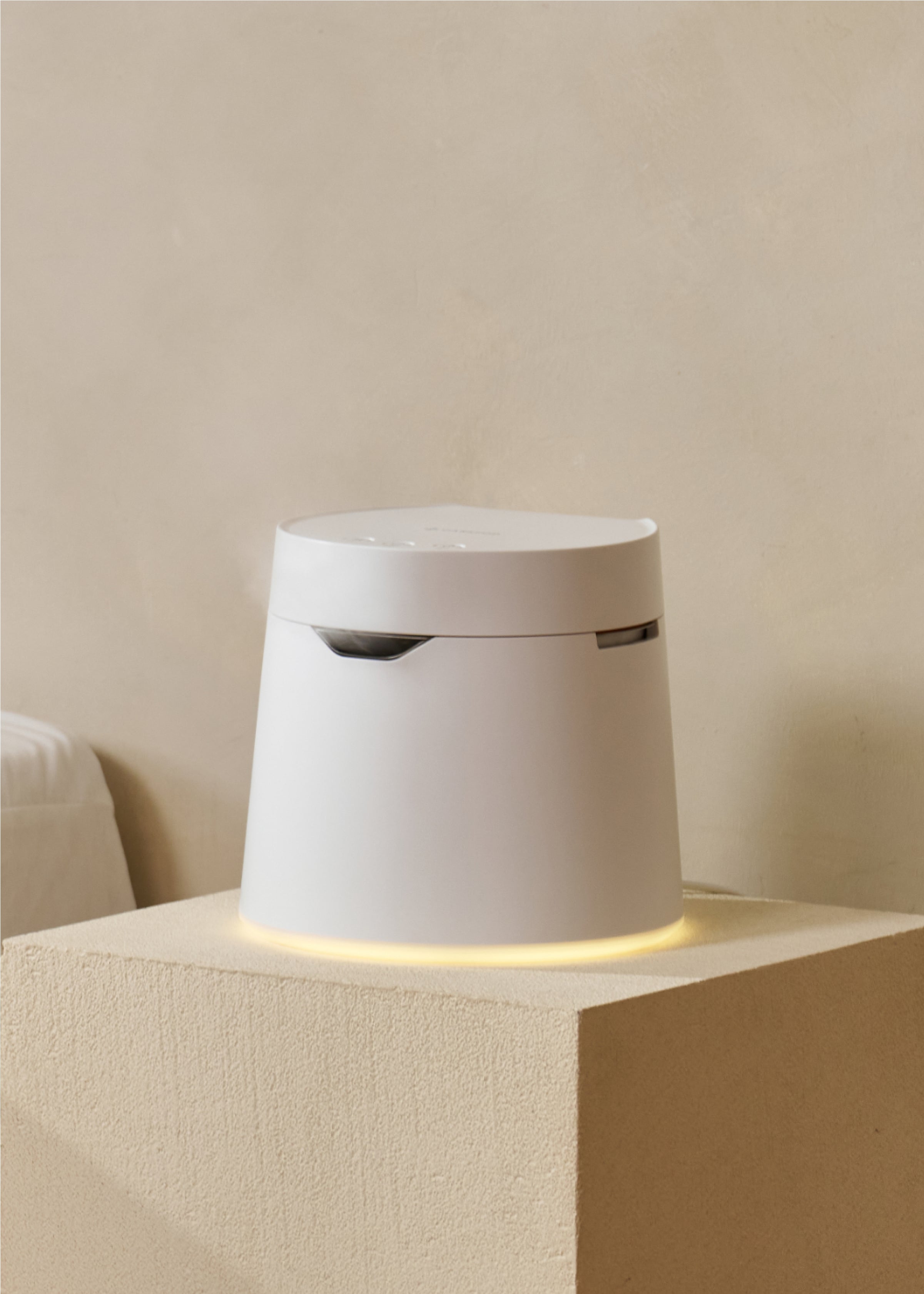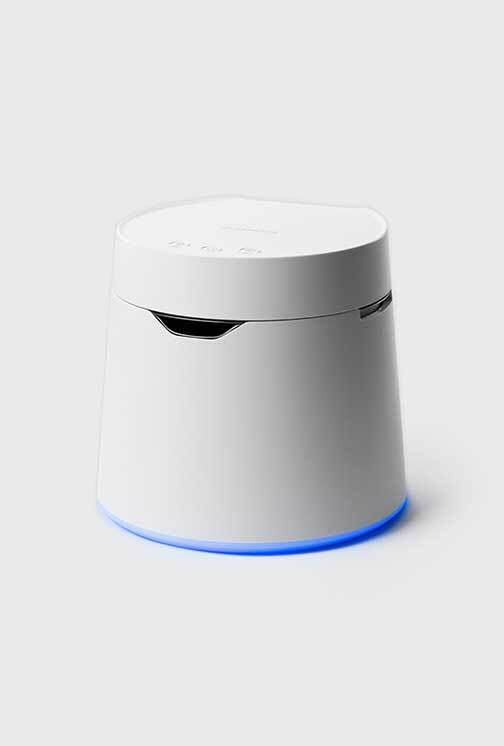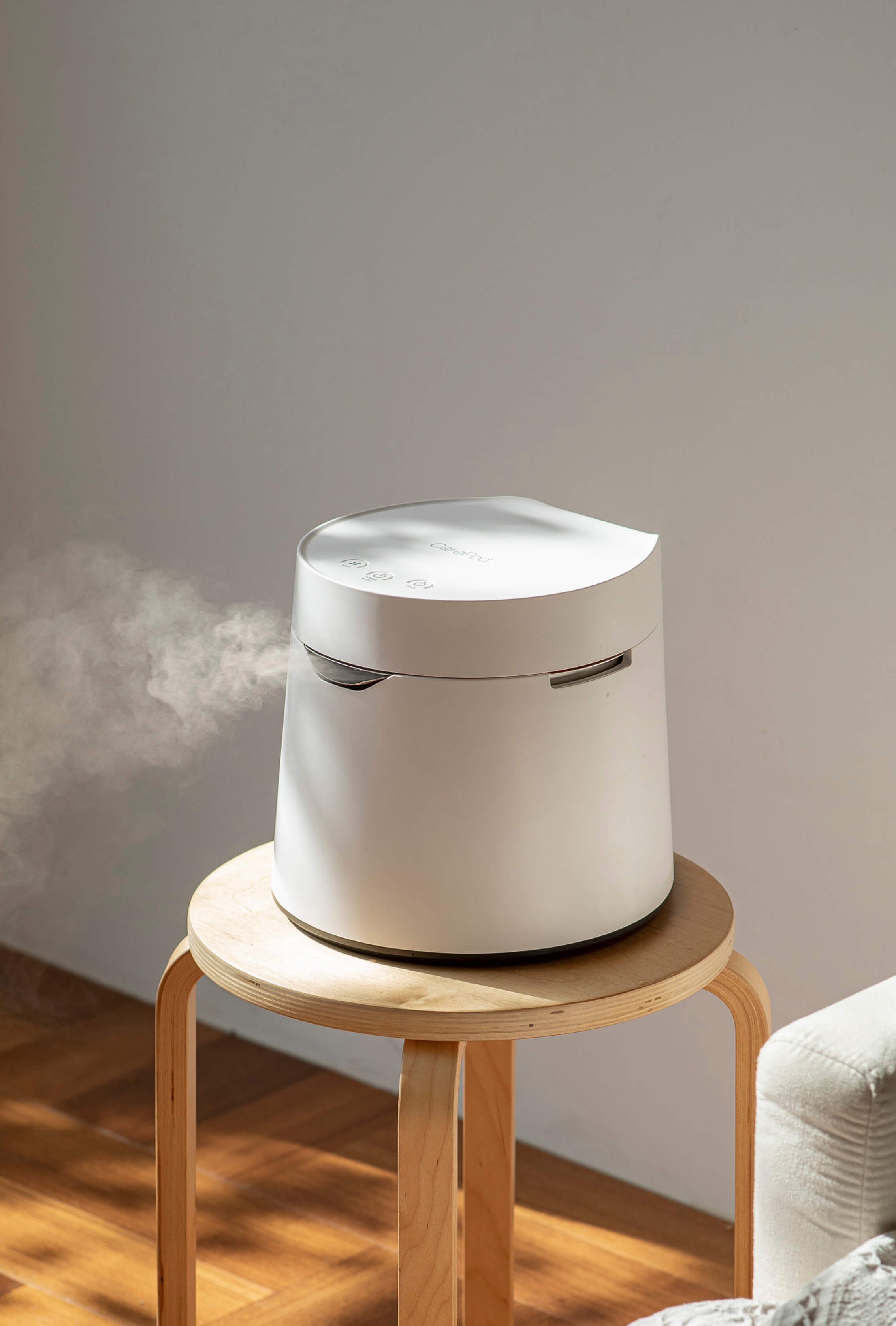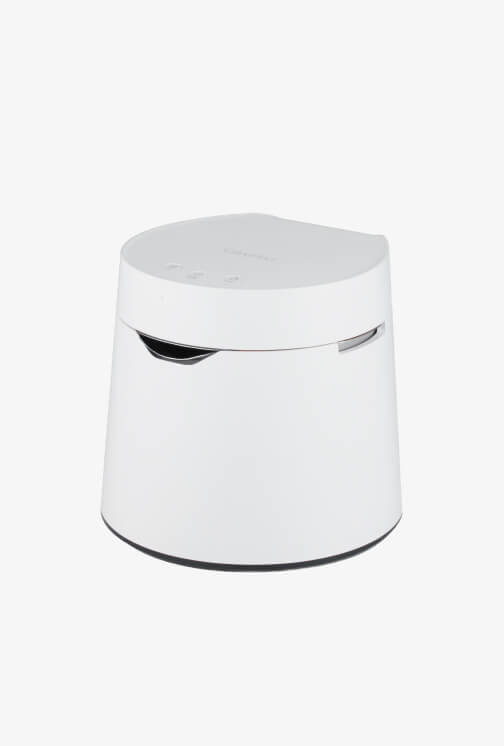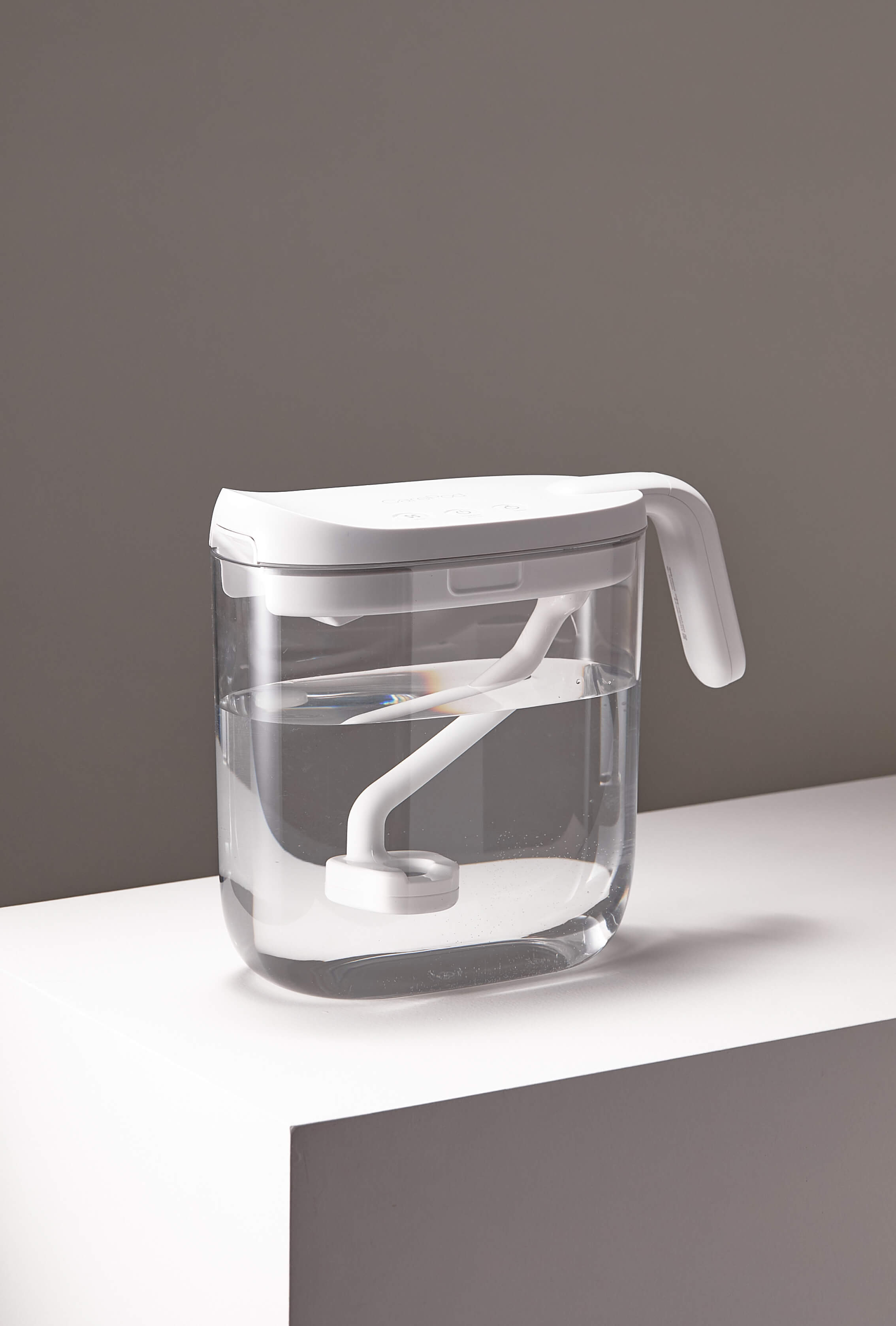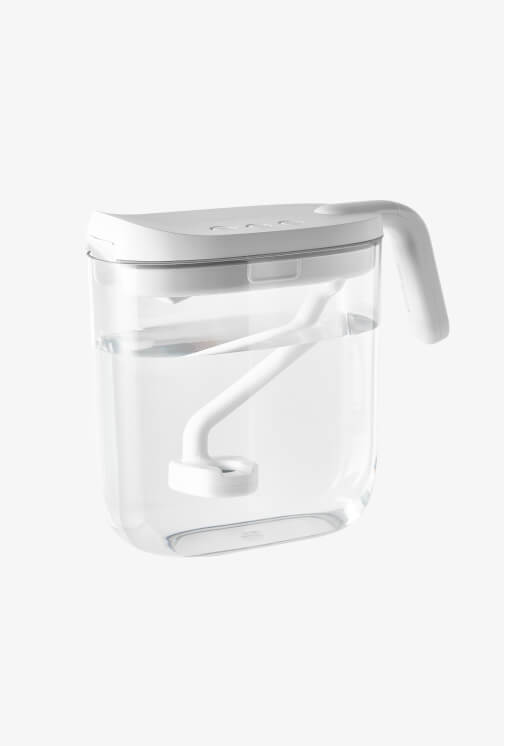What Does A Humidifier Do?

Humidifiers — you've definitely heard of them, and you've likely even seen them in action. But do you really know what they do and how they work?
Many people think of humidifiers as simply devices that just puff out water vapor, and may be surprised to know how they truly operate or the number of benefits they offer.
In this article, we'll explore the five different types of humidifiers available, explain how each one functions and then finally, dive into their benefits for health and wellness.
Understanding Five Types of Humidifiers
Whole-House or Central Humidifiers
Many people are familiar with portable humidifiers, but did you know that you can install a central humidifier directly into your home's A/C and water supply?
This type of humidifier integrates with your air conditioning system to distribute moisture evenly throughout your entire home, eliminating the need for multiple portable units. Humidity levels can also be monitored and adjusted using a single device known as a humidistat. Additionally, central humidifiers are low maintenance, typically requiring just one annual cleaning to keep them running smoothly.
However, setting up a central humidifier does typically require a large upfront investment and professional installation. They’re also more difficult to repair if something goes wrong, and depending on your water quality, may also contribute to mineral buildup in your HVAC system. Because these systems are tied directly to your water supply, managing any maintenance issues may again require professional assistance, adding to the overall expense and inconvenience.
Evaporative Humidifiers
The evaporative humidifier is the most commonly used type of humidifier. It works by accelerating the natural evaporation process of water with the help of a fan.
A wick filter soaks up water from the reservoir, and a built-in fan then blows across the wick, causing the water to evaporate and disperse as a cool mist into the air.
Evaporators are safe around children and pets, as they don't pose a burn risk. Additionally, the humidity levels are self-regulated, minimizing the need for constant monitoring.
However, the filters in these devices need to be replaced regularly to prevent the buildup of minerals and bacteria, which can be an ongoing cost and maintenance hassle.
Furthermore, because they use a fan to operate, evaporative humidifiers can be noisier than other types, which might be a disturbance, especially in quieter environments like bedrooms or study rooms.
Impeller Humidifiers
Like evaporators, impeller humidifiers are also safe around children and pets since they pose no burn risk. They're also typically quite affordable.
Impeller humidifiers function by using high-speed rotating disks. These discs fling water towards a diffuser, which then breaks it down into fine droplets that are expelled into the air.
Designed for single-room use, these portable units do require monitoring to ensure they are not overused. Like evaporators, impeller humidifiers also produce a noticeable mechanical noise. You’ll also need to take special care in cleaning and avoid tap water to prevent minerals from being “spun” into the air.
Steam Vaporizers
Commonly referred to as warm-mist humidifiers, steam vaporizers use electricity to heat water until it boils, creating steam.
You can easily find these steam vaporizer humidifiers at your local drugstore, and they're among the most cost-effective options available. They're also often used with medical inhalants like Vicks to provide relief for respiratory symptoms.
However, there are some downsides to consider. Steam vaporizers can use more electricity compared to other types of humidifiers due to their heating element. They also pose a burn risk if not handled properly, especially around children and pets. And because they emit warm mist, they may not be ideal for use in already warm or humid climates, as they can make the environment uncomfortably warm.
Ultrasonic Humidifiers
How does an ultrasonic humidifier work? These devices use high-frequency sound vibrations to produce microscopic water droplets, creating mist without heating the water.
One of the key advantages of ultrasonic humidifiers is that they typically don’t require a built-in filter. This means less maintenance and no ongoing costs for filter replacements, which can be a significant benefit over time. Additionally, they operate without a fan, making them exceptionally quiet compared to evaporators and impellers.
Prices for ultrasonic humidifiers can vary depending on the size and whether you opt for a warm or cool mist version. While most standard units are designed to only produce cool mist, advanced models such as Carepod Cube offer a hybrid cool mist and warm mist option. This versatility can be especially useful for year-round comfort.
What Are the Benefits of Humidifiers?
Humidifiers Reduce Risks of Infection
When we're in the hospital, we expect to get better, not worse. However, you might be surprised to learn that dry air is a major culprit behind infections in hospital settings.
When the moisture level in the air dips too low, our natural immune defenses — which are crucial in protecting us from infections — begin to weaken. This is where humidifiers step in to save the day.
Humidifiers act as a preventive tool, shielding patients from the threat of infections by maintaining proper humidity levels. By keeping the air adequately humidified, hospitals can drastically reduce infection rates. Considering the severe health risks associated with such infections, simply managing indoor humidity can have a huge effect on patient safety.
Humidifiers Relieve Allergy & Cold Symptoms
Sore throat, watery eyes, nasal congestion, and endless sneezing — do these symptoms sound familiar? These are just a few of the all-too-common issues many of us with allergies battle regularly. And if you're thinking they sound a lot like the common cold, you're right; they overlap quite a bit.
But here is some good news: humidifiers can offer much-needed relief.
When the air is dry, it takes a toll on our natural immune barriers, making our bodies more susceptible to indoor allergies and viruses. By bumping up the moisture levels in the air, humidifiers can help ease symptoms such as stuffy nose, coughing, and other annoying respiratory issues. So, if you're tired of the sniffles and looking for comfort, it might be time to consider a humidifier.
Humidifiers Support Quality Sleep
Air conditioners can dry out our nasal passages while we sleep, leading to discomfort and disrupted sleep. Humidifiers help prevent this irritation throughout the night by keeping our nasal passages moist. This can enhance the quality of airflow, making it easier to breathe and potentially reducing the intensity of snoring.
Maintaining balanced humidity levels in the bedroom can also promote a more comfortable sleeping environment, preventing the air from becoming too dry or too damp. Additionally, the added moisture can help soothe and relieve irritation in the ears, nose, and throat, areas often affected by dry air. As a bonus, this can decrease the occurrence of nosebleeds, a common issue in dry environments, and can also help reduce the dry, scratchy sensations that often lead to coughing fits at night.
Humidifiers Provide Full Body Hydration
Many people experience dry lips, skin, and hair during the summer months, and air conditioning units that consistently push cold, dry air into your home can make this dryness even worse.
Introducing a humidifier to enhance your indoor air quality can be a game changer.
It helps to soothe irritated skin, minimize dry patches, reduce the appearance of wrinkles, and prevent rashes. Additionally, it aids in maintaining the natural moisture of your hair and combating dry scalp. So, if you're looking for relief from the harsh effects of dry air, a humidifier might just be the solution you need.
Humidifiers Improve Your Home Environment
Humidifiers don’t just benefit us — they’re great for the entire home as well. Whether it’s wooden furniture like tables, floors, chairs, or cabinets, or you’re caring for plants and pets, humidifiers can have a positive impact throughout your living space.
The right level of indoor humidity prevents wood from cracking and splitting, helping it maintain its beauty and durability over the years. Proper moisture levels also keep your houseplants healthy and hydrated. And let’s not forget about our beloved pets. Like us, they can suffer from allergies, and a well-humidified environment can alleviate their symptoms too.

Final Thoughts
At the end of the day, air quality can make a huge difference. With so many benefits, it’s hard to overlook the value of adding a humidifier to your home or office. As discussed, there are many models available, each tailored to meet specific needs, making it easy to find the perfect match for your indoor space.
We’ve explored how these devices can support your health, enhance your home, and even benefit your beloved pets. We've explained the unique features of each style and how they work. Now, the next step is up to you — choosing the right one for your needs.
Still seeking a little more guidance on finding the right humidifier to hydrate your home? Explore the following collection for insights:
